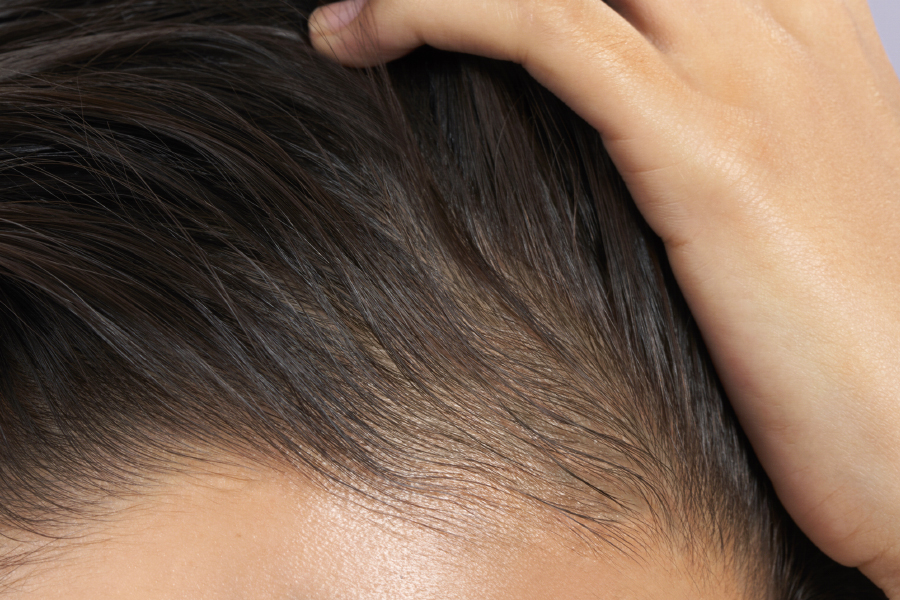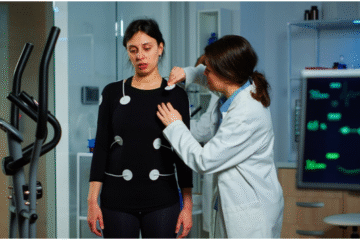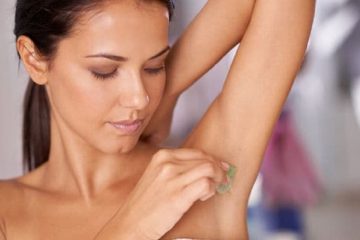Do Probiotics Have An Effect On Hair Growth?

Several market products promise to enhance healthy hair. From tailored shampoos and serums to multivitamins and minerals, the options are endless. Probiotics, one of the most recent additions to this list, may surprise you. Let’s define probiotics and their connection to healthy hair.
To begin, exactly what are probiotics? Probiotics are live bacteria or yeast that can be found in a range of meals and supplements. By balancing the good and harmful bacteria in your stomach, these germs keep your digestive system healthy. The link between gut health and other areas of the body, including hair health, becomes apparent as probiotic research improves.
While numerous animal research are being conducted, an increasing number of studies are linking probiotic use to microbial reinfection prevention, gastrointestinal comfort, and improved immune function. These findings on probiotics’ immune system benefits lend validity to their impact on hair health. How so? Skin and hair follicle health have long been linked to immune system function. Furthermore, probiotics are thought to have an effect on hair development since they may aid in the battle against inflammation, stress reduction, and hormone regulation.
Several probiotics have been found in trials to improve overall hair health. The first is Lactobacillus acidophilus. These “good” bacteria are in charge of bacterial multiplication and the breakdown of glucose. Lactobacillus acidophilus is naturally found in fermented foods, making it easy to incorporate.
Another common probiotic is Bifidobacterium animal is. This strain has been shown to help with digestion and large bowel function. It may also benefit hair health by preventing yeast infections, which can cause hair loss and dandruff. It is present in dairy products and supplements. While taking supplements is a simple way to boost your probiotic intake, you should first talk with your doctor. This can help determine the correct dosage and whether there are any potentially adverse effects due to immune system issues.
Probiotic supplements can be replaced in your diet with fermented foods. These naturally occurring probiotics often contain short-chain fatty acids and can aid in immune system stimulation. Probiotic-rich foods include miso, pickles, kimchi, tempeh, buttermilk, sauerkraut, and, of course, yogurt. To maximize their potential advantages, combine them with prebiotic-rich foods such as soy, garlic, wheat, asparagus, and onions. This type of combination helps probiotics survive and multiply in the stomach.
For more information on the benefits of probiotics and their relationship to hair health, please see the infographic below.
Leave a reply
You must be logged in to post a comment.











